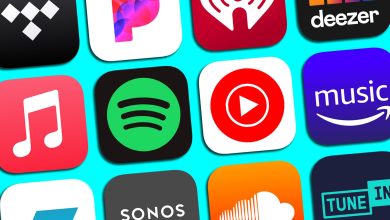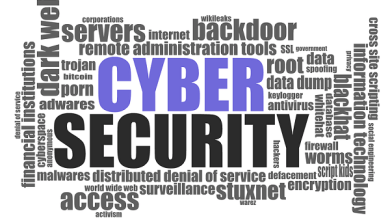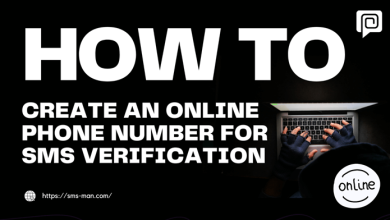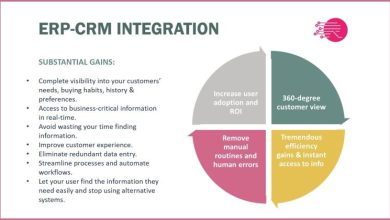5 Ways Healthcare LMS Can Assist Medical Organizations
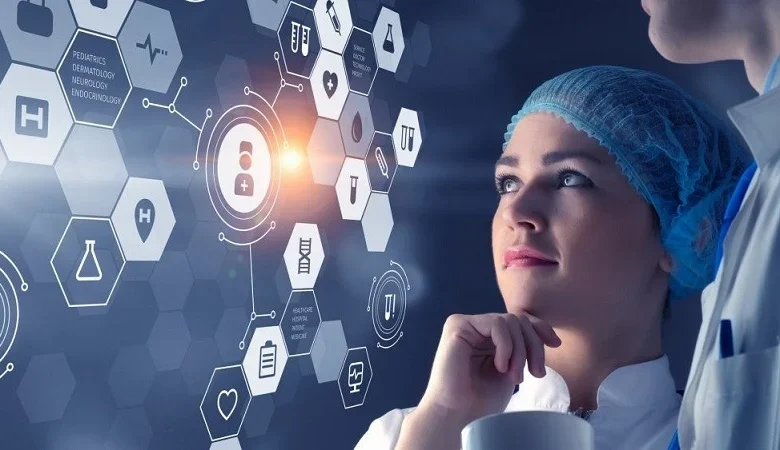
Learning and training are critical for hospitals, medical organizations, and individual doctors. It is the only way they can improve patient care while remaining competitive in their industry.
LMS applications can aid the healthcare industry by increasing learning scalability and lowering training costs per health worker. However, since healthcare training becomes more complicated and must be carefully customized to each healthcare job, a general LMS may not be the best option in this case. A customizable web-based learning management platform like HealthStream Learning Center, created exclusively for training management and for healthcare professionals to assist healthcare organizations in designing, structuring, and administering regulatory compliance workforce training, is a must-have.
Following the pandemic, eLearning took off in various industries, including the medical field. The growing popularity of healthcare LMS is that it is much easier to train medical workers, track their progress, and improve patient care.
Let’s take a closer look at four ways to help healthcare sectors provide effective medical professional training with the help of an LMS:
- Supports Blended Learning
eLearning cannot replace instructor-led training as medical care processes are so sensitive. To use self-guided and on-demand learning methods like online courses, audio and video illustrations, and social learning, healthcare providers’ large workforce must use an eLearning design.
To support learning, an LMS that combines elements of ILT and eLearning is required. Delivering learning and training materials is made simple by tools like AI, AR, and VR.
Furthermore, for learners, a thorough blend of preparation modalities such as videos, reference materials, assignments, examinations, and ILT, as well as trendy aspects like gamification and AI-controlled recommendation, plays an important role in learner engagement and involvement.
- Improved Staff Satisfaction
The most important aspect of the organization is its employees, and the most important market is your patients. So, to keep your team happy and your patients satisfied, you must provide updated medical staff training. Due to the quick advancements in the medical field, procedures, best practices, and laws are constantly changing. As a result, a healthcare learning system is important for assisting your healthcare workers in quickly adapting to these changes.
A healthcare LMS allows you to swiftly adjust existing courses and create new ones. Furthermore, better-trained employees can ensure high staff retention and satisfaction rates.
- Automates Compliance Management
Medical care comes with its own set of risks and uncertainty. There are criteria made for such events to prevent any mistakes. An LMS provides a focused, safe, and stable platform for creating, communicating, updating, and monitoring compliance training. Instead of viewing it as a simple formality, it can aid in the maintenance of a culture of consistent worker behavior.
Compliance management is extremely crucial in the healthcare system because your staff must be informed of any issues and possible solutions. Health workers must be familiar with all applicable rules and regulations. It enables them to adhere to and learn about strong legal, professional, and ethical norms. Medical care providers and institutions must have effective frameworks and procedures in place to avoid sanctions, legal actions, or more severe repercussions.
- More Flexible Training
Healthcare workers have busy schedules. They might not have enough time to physically commute to a training facility and attend regular sessions. They can, however, get a training session and learn about a new medical technology in the early morning, late at night, or on their way to work.
As long as they are connected to the internet, healthcare LMS users can access courses, training, and instructional material from anywhere and at any time. Self-paced learning gives them much-needed flexibility. This also implies less disturbance to productivity and faster course completion for your organization’s fast learners.
- Simplified Progress Tracking
Healthcare learning assesses and monitors the progress of staff members’ learning, and the outcomes are displayed in the form of integrated, in-depth, and shareable charts, reports, and graphs. Reporting and analytics can be extensively used to assess learning effectiveness based on course completion, quiz results, and objectives completed and to decide whether additional training is necessary. This functionality helps in the continuous and intelligent development of career plans.
For instance, if a medical professional enrolls in diabetes courses, the LMS dashboard shows how much they’ve progressed in their course, what activities they need to complete, what exams they need to take, and how well they have performed. This data can assist administrators in determining which workers are ready and which require additional training.
Conclusion
Having access to a personalized online learning environment that meets medical professionals’ specific needs can have a long-term impact on their career development. The ease of integrating hands-on training with additional online material offers a compelling case for healthcare LMS. Healthcare staff is kept up to date on compliance requirements due to an LMS, and the subsequent learning experience results in better patient care.
